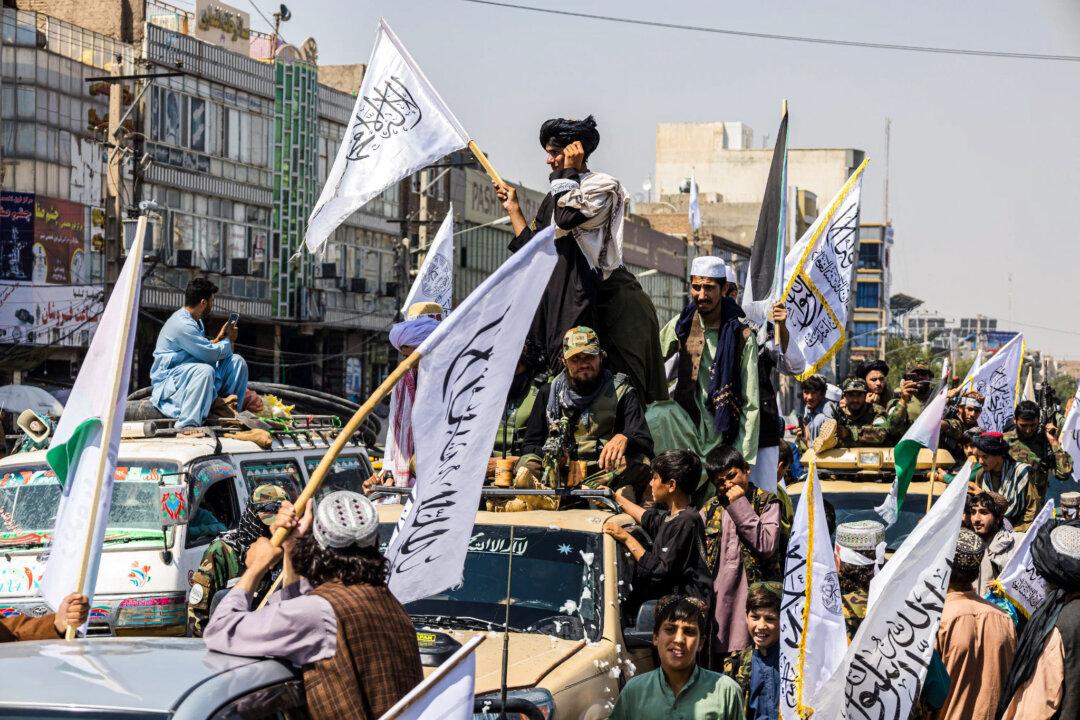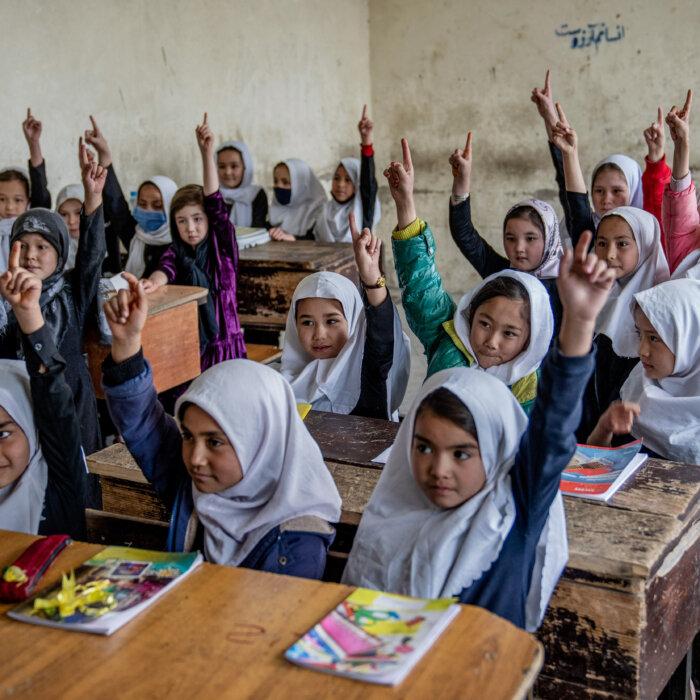Afghanistan’s embassies in London and Oslo are to close after months of growing tensions between diplomats and the Taliban government in Kabul.
In July, the Taliban—which reconquered the country in Aug. 2021—said it no longer recognized 14 diplomatic missions which remained loyal to the previous, pro-western government.
The statement said, “The embassy of the Islamic Republic of Afghanistan, like many other political and consular missions of Afghanistan, will continue its activities with the values of human rights, pluralism and peace, despite the many difficulties and limited resources.”
Earlier the British government said the Afghan embassy in London would close on Sept. 27, because its staff had been sacked by the Taliban authorities in Kabul.
Britain is one of several Western countries which does not recognize the Taliban as the legitimate government of Afghanistan.
In the wake of the takeover, the Taliban sent their ambassadors and diplomats to China, Pakistan, the United Arab Emirates and several other countries in Asia.
But diplomats who represented the former Afghan government in 14 western countries were left leaderless when President Ashraf Ghani fled Kabul and the Taliban took over in the summer of 2021, four months after President Joe Biden said U.S. forces would leave the country.
Taliban Accuses Diplomats
In the past three years, many embassies in Europe and beyond have stayed open but the diplomats working in them have been accused of failing to cooperate with the Taliban authorities.It is not clear who has been paying the diplomats’ salaries and expenses.
The Afghan embassy in London—a handsome Georgian building in Prince’s Gate, opposite Hyde Park—first opened in 1922 and the building was purchased by the Afghan government three years later.
In June 2020, the then-ambassador, Said Jawad, posted a photograph of it, surrounded by scaffolding and wrote: “Good to see that the reconstruction & restoration of the magnificent building of the Afghan Embassy in London to its original glory is progressing well, despite COVID-19. We hope to restore this century-old legacy of King Amanullah by the end of the year.”
‘Host Country’ Asked For Closure
On Monday, the current ambassador, Zalmai Rassoul, wrote on X: “The embassy of the Islamic Republic of Afghanistan in London is scheduled to officially close and will cease its operations on Sept. 27, 2024, at the official request of the host country. This decision has been made based on the requirements of the host country’s authorities.”“We thank and appreciate all colleagues, citizens, and related institutions who have sincerely cooperated with the Afghan embassy in London during this period,” it added.
It remains unclear whether the embassy staff will retain diplomatic immunity or be offered asylum in Britain.
On Monday, the UN high commissioner for human rights, Volker Türk, said the Taliban’s repressive control over women and girls in Afghanistan would jeopardize the country’s future.
Türk told the UN Human Rights Council in Geneva, “I shudder to think what is next for the women and girls of Afghanistan.”
The Taliban has stopped girls from going to school beyond sixth grade and introduced laws to curb women’s role in public life.
It is rare for embassies to close after a change of regime in the home country.
The Taliban were not available for comment on the Oslo and London embassy closures.







